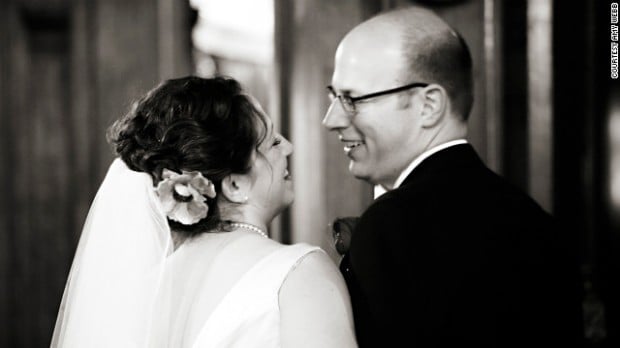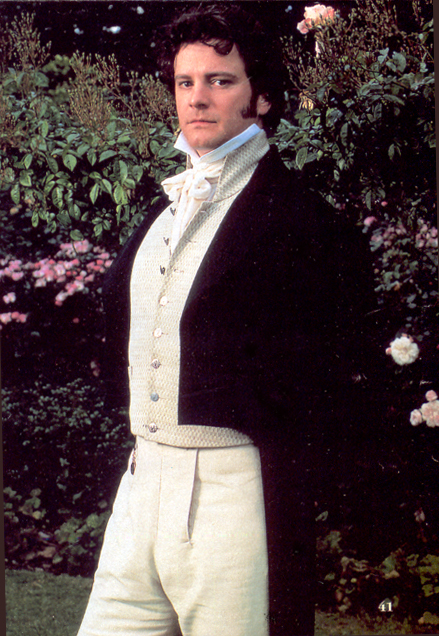There was a fascinating article about the scam of the Susan G. Komen foundation; the media hypes breast cancer awareness, while results show that the mortality rate from this disease has been relatively unchanged.
Breast cancer in your breast doesn’t kill you; the
disease becomes deadly when it metastasizes, spreading to other organs
or the bones. Early detection is based on the theory, dating back to the
late 19th century, that the disease progresses consistently, beginning
with a single rogue cell, growing sequentially and at some invariable
point making a lethal leap. Curing it, then, was assumed to be a matter
of finding and cutting out a tumor before that metastasis happens.
The thing is, there was no evidence that the size of a tumor necessarily
predicted whether it had spread. According to Robert Aronowitz, a
professor of history and sociology of science at the University of
Pennsylvania and the author of “Unnatural History: Breast Cancer and
American Society,” physicians endorsed the idea anyway, partly out of
wishful thinking, desperate to “do something” to stop a scourge against
which they felt helpless. So in 1913, a group of them banded together,
forming an organization (which eventually became the American Cancer
Society) and alerting women, in a precursor of today’s mammography
campaigns, that surviving cancer was within their power. By the late
1930s, they had mobilized a successful “Women’s Field Army” of more than
100,000 volunteers, dressed in khaki, who went door to door raising
money for “the cause” and educating neighbors to seek immediate medical
attention for “suspicious symptoms,” like lumps or irregular bleeding.
The campaign worked — sort of. More people did subsequently go to their
doctors. More cancers were detected, more operations were performed and
more patients survived their initial treatments. But the rates of women
dying of breast cancer hardly budged. All those increased diagnoses were
not translating into “saved lives.” That should have been a sign that
some aspect of the early-detection theory was amiss. Instead, surgeons
believed they just needed to find the disease even sooner.
According to statistics, early-awareness is not the key to "fight" breast cancer. But physicians "felt helpless," and were desperate to act, even with no factual basis to back up their awareness campaign.
It made me think, funnily enough, of the current state of "shidduch crisis" hysteria. There is no definite proof of any such ailment. Suddenly this term has become an integral to contemporary jargon, despite the actual fact that we are the people of bashert. Any sort of romantic "destined" is off the table; individuals are blamed, the rising divorce rate is ignored, and Hashem as the divine Matchmaker has been outsourced.
Jews were used to feeling helpless, once. We've been persecuted since before the destruction of the Temples; as we attempted to live modest lives without vitriolic anti-Semitism, we relied on Hashem as the only reliable means to keep us safe.
Baruch Hashem, we now live in a land where we can finally call quite a few shots. We can march outdoors with an obvious kapul, tzitzis flying in the wind. We daven on public transportation. We demand from our councilman as to how we want our tax dollars spent.
We are not used to being helpless anymore. When we find ourselves in a situation where we cannot manipulate the results, the reaction should be, "I must rely on God."
Instead there are articles and organizations and crazy people that insist God isn't needed. "Shidduch crisis, shidduch crisis, shidduch crisis" is parroted on a loop, terrorizing the impressionable to leap before they look.
Because physicians felt helpless, they initiated a misguided awareness campaign. Girls and women have been harassed into believing they are all ticking time-bombs for specifically breast cancer, while its rates are no higher, or even less, than many other illnesses, both female- and human-specific. Only recently has the biggest killer, heart disease, gotten a bus ad.
Thanks to the "shidduch crisis awareness campaign," everybody is "aware." But what has changed, exactly? What has it helped? What are the "results"? There are still "older" singles, along with plenty of engagements happening every day. Just take a look at OnlySimchas, which posts a mere fraction of them.
An awareness campaign is needed in another area: There are times when one has to realize one's limitations. My limitation here is that I cannot have a spouse on demand. Han will show up when he is supposed to, no earlier, no later. As a Jew who believes that Hashem spends His day making shidduchim, then I have to leave Him to it.




























